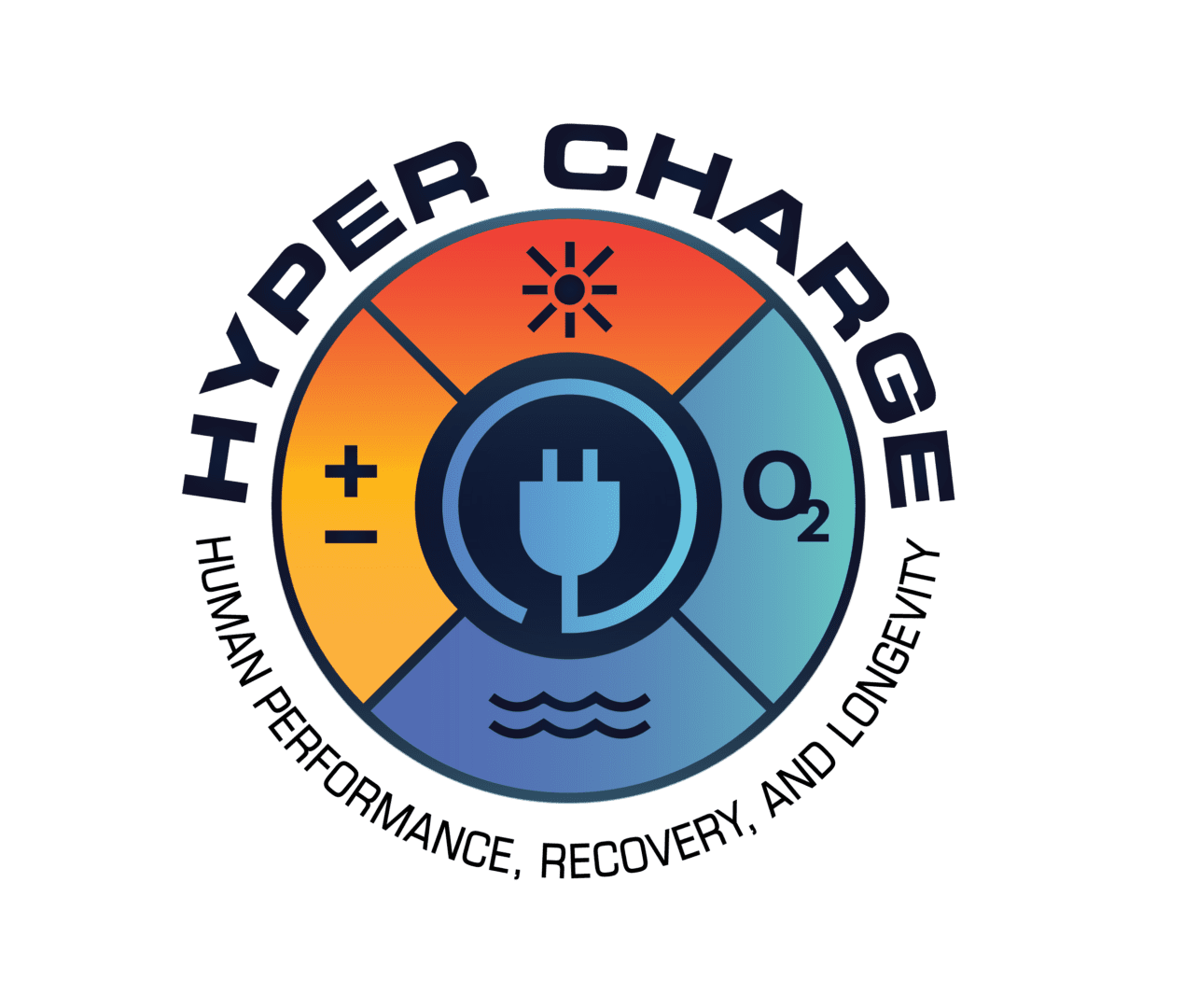Whether you’re hoping to start the new year off right or you’re decided that it’s time to become a healthier version of yourself, the best way to do that is to set some goals for yourself. Setting fitness goals isn’t always easy, and if you don’t do it right, you may actually be setting yourself up to fail. In today’s blog, we explain why you need to be SMART when it comes to setting exercise and fitness goals.
Getting SMART About Exercise Goals
If you want to set some smart fitness goals for yourself, all you need to do is remember the acronym SMART. Setting SMART fitness goals means that they are:
- Specific – We want you to get specific when it comes to your goals. Don’t just say that you want to be healthier or lose some weight. Set specific goals so that it’s easier to see how you are progressing towards them. Set goals like “I want to lose at least 20 pounds by the end of the year,” or “I want to run my first half marathon in 2024.” Get specific, and it will be easier to work towards the goal.
- Measurable – Similarly, you want to be able to easily measure or track your progress. If a specific weight loss goal is in your mind, buy a scale and take weekly measurements to see how you are progressing. Again, don’t just say that you want to be stronger or healthier, say that you want to set a personal best for your mile or your bench press, and work towards these measurable goals.
- Attainable – You also need to be realistic when it comes to goal setting. If you bite off more than you can chew, you’re more likely to give up on exercise altogether. Instead of saying that you want to lose 100 pounds or run a 5-minute mile this year, set a more attainable goal and adjust as you start to hit your goals. We’re more likely to keep pursuing our fitness goals when we’re seeing early success, so set challenging but realistic goals.
- Relevant – Set goals that are relevant and move you in a direction that you want to go with your life. For example, if you want to become a better athlete, you could set goals that revolve around improving your high-intensity interval training, which can help with your endurance and muscle recovery.
- Time-Bound – Finally, don’t just leave open ended goals. Set a time limit in which you hope to accomplish the goal. Don’t just say you want to lose 20 pounds, say that you will lose 20 pounds by June 1. It’s easier to continue to make steady progress if you have a clear start date and target date.
If you’re SMART about your exercise goals, and you consider working with the recovery and rejuvenation team at HyperCharge Clinic, we’re confident that you’ll be setting yourself up for success when it comes to achieving your exercise and fitness goals. For more information, or for help with a different health issue, reach out to our team today at (763) 717-8745.
